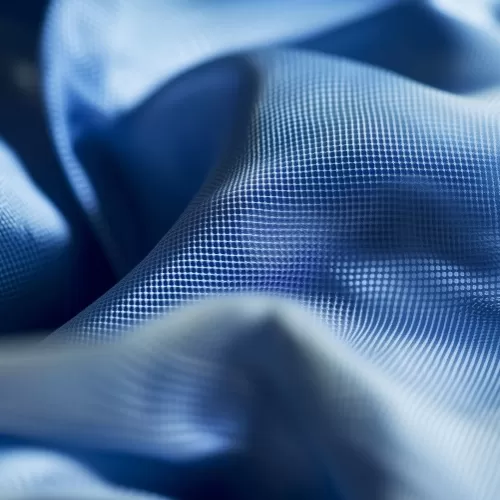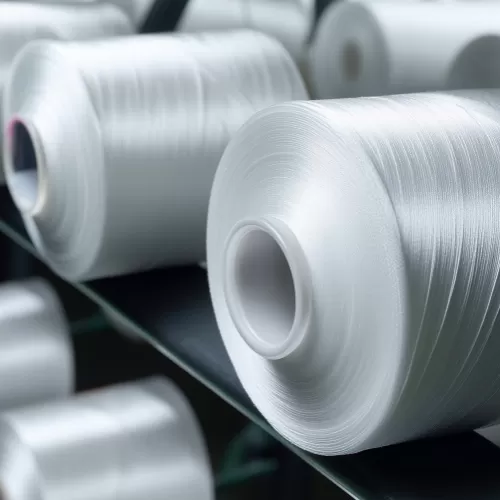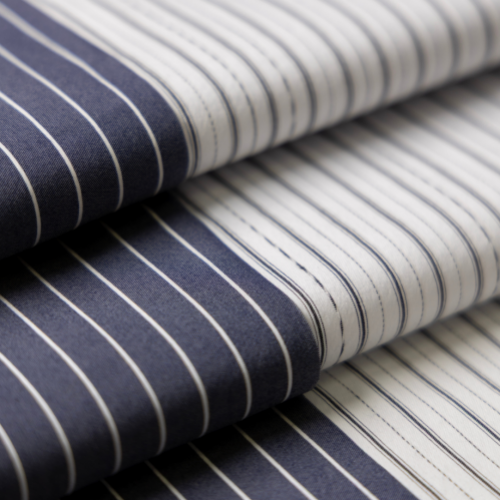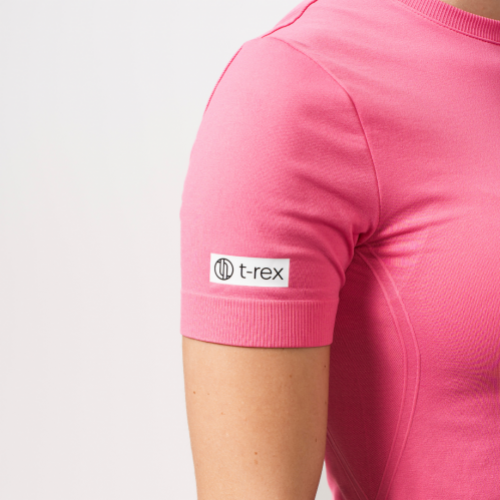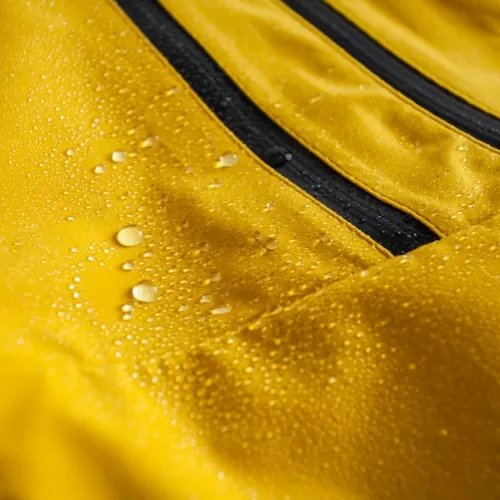Feature
Keep up to date on the world of sustainable nylon yarn
Explore the latest news from Fulgar, a leader in polyamide yarns with a focus on nylon sustainability. Learn about the latest technological innovations, new polyamide fibers and creative collaborations that are shaping the future of textiles. Deepen your knowledge of the textile industry, from manufacturing to fashion, with articles and insights, stay on top of emerging trends, and be inspired by the endless possibilities of Fulgar yarns.




